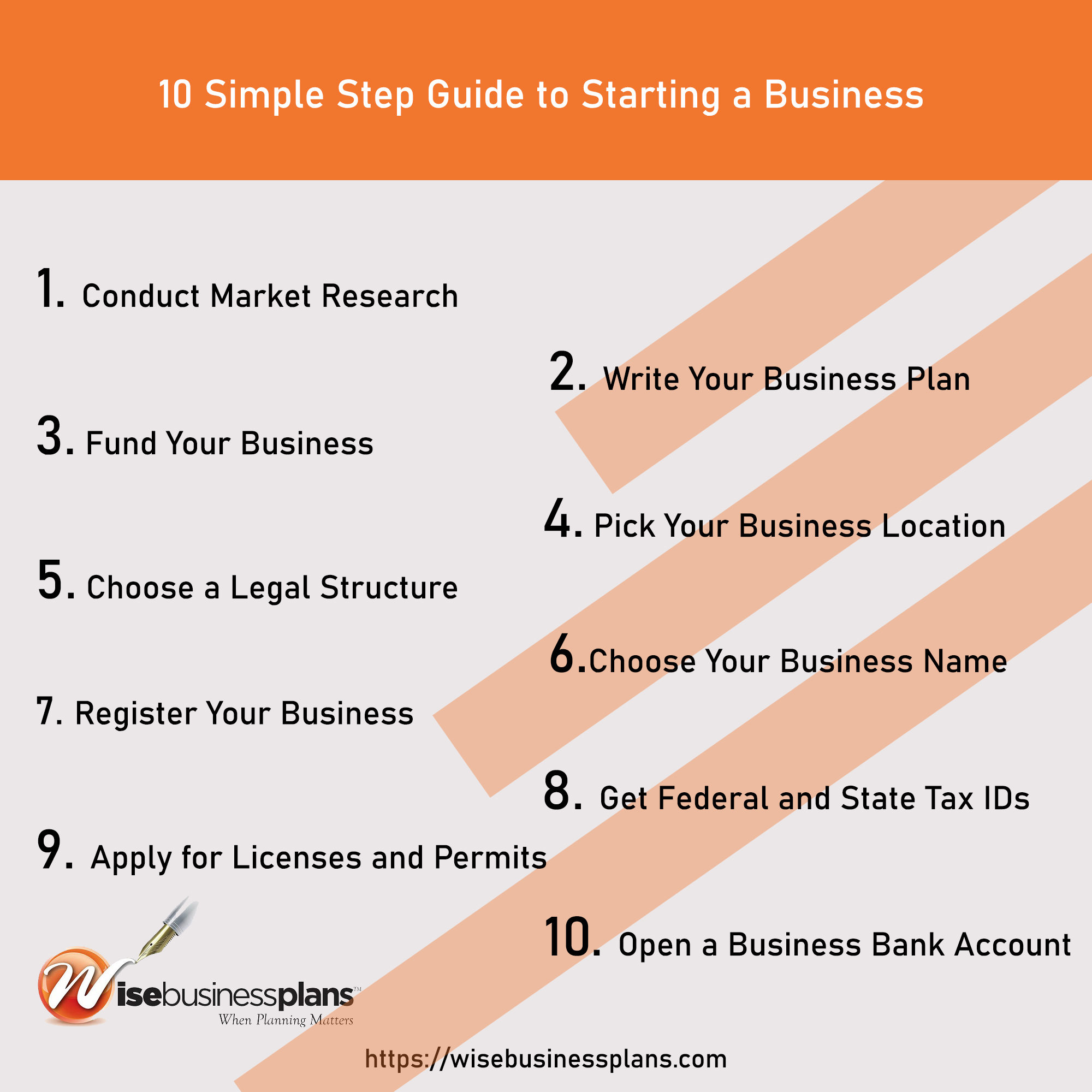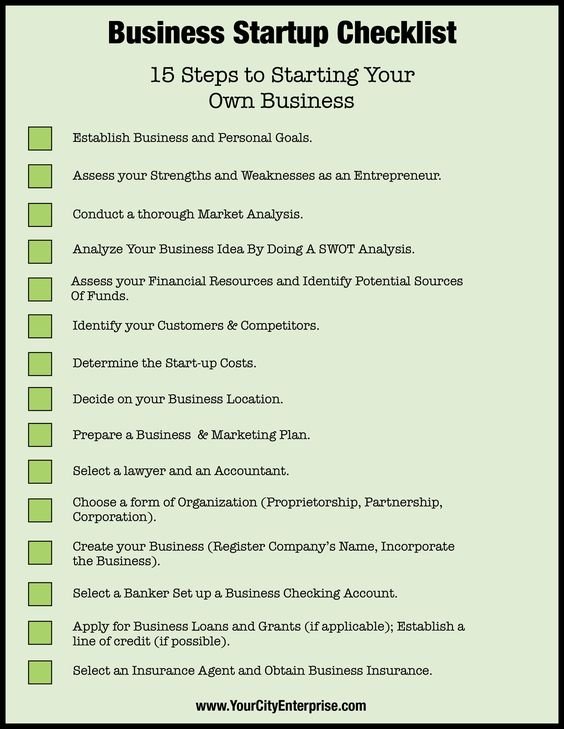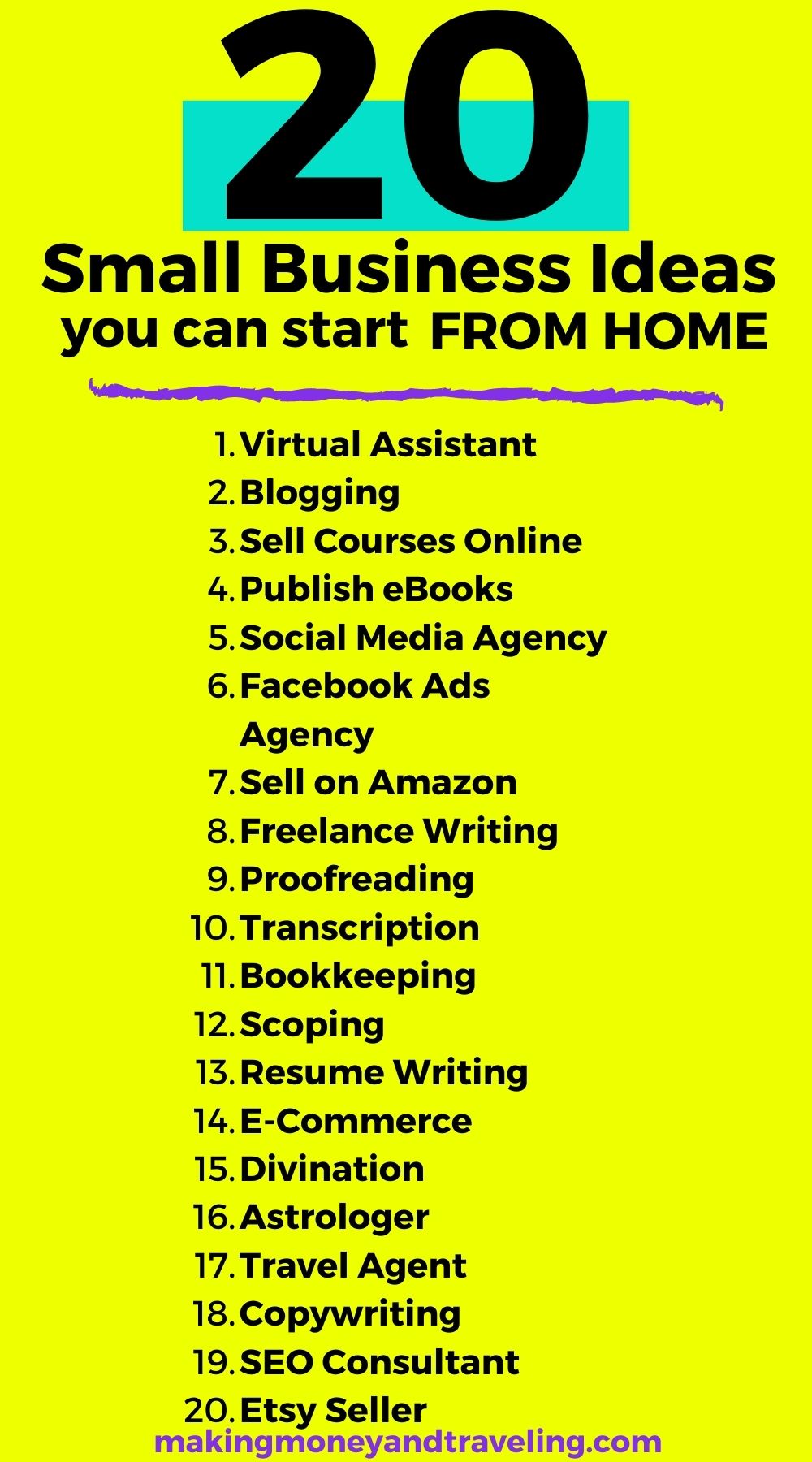What's The First Thing To Do When Starting A Business

For aspiring entrepreneurs, the path to launching a successful business can seem daunting, filled with complex decisions and potential pitfalls. But amidst the market research, financial projections, and legal paperwork, experts agree on one crucial first step that often gets overlooked: validating your business idea.
This initial validation, confirming there's a genuine demand for your proposed product or service, is the bedrock upon which a sustainable business can be built. Skipping this step can lead to wasted resources, failed ventures, and significant personal setbacks. Securing the demand is a crucial step to avoid financial burden.
Why Validate Your Idea?
The primary reason to validate a business idea is to mitigate risk. According to the Small Business Administration (SBA), around 20% of small businesses fail within their first year, and about half succumb within five years. A significant contributing factor to these failures is a lack of market demand.
Validation helps determine if there's a viable customer base willing to pay for what you're offering. It's about more than just believing in your idea; it's about proving its potential in the real world. To show there's an avenue for your business.
How to Validate Your Business Idea
Several methods can be used to validate a business idea, each offering unique insights. These approaches range from simple conversations to more structured research projects. It is essential to be open-minded and adaptable throughout the validation process.
Talking to Potential Customers
Direct interaction with potential customers is one of the most effective ways to gauge interest.
"Engage in conversations, not pitches," advises Sarah Johnson, a business consultant specializing in early-stage startups.
Ask open-ended questions about their needs, pain points, and willingness to pay for a solution like yours. Avoid leading questions that might skew their responses and try to see it from an outside perspective.
Market Research
Conducting thorough market research is critical. This includes analyzing industry trends, researching competitors, and identifying your target audience. Use resources like the U.S. Census Bureau and industry-specific reports to gather data.
Online surveys and focus groups can also provide valuable qualitative and quantitative data. The importance of research cannot be over stated.
Creating a Minimum Viable Product (MVP)
Developing a Minimum Viable Product (MVP) involves creating a basic version of your product or service with just enough features to attract early-adopter customers. This allows you to gather feedback and iterate on your offering based on real-world usage.
For software startups, an MVP might be a simple landing page with a sign-up form. For a physical product, it could be a handcrafted prototype. Getting real user feedback.
Analyzing the Competition
Understanding your competitors is another crucial aspect of validation. Identify who your competitors are, what they offer, and how they position themselves in the market. Are there gaps in the market that you can fill?
Analyzing their strengths and weaknesses can help you refine your value proposition and differentiate your business. Knowing the enemy is an important step.
The Human Element: A Story of Validation
David Miller, a recent college graduate, had always dreamt of opening a specialty coffee shop. Instead of immediately leasing a space and investing in expensive equipment, he started small.
David set up a pop-up coffee stand at local farmers' markets. He offered a limited menu of handcrafted drinks, gathered customer feedback, and refined his recipes. Only with the customers saying they enjoyed his coffee, did he sign a lease and open a physical storefront.
Through this validation process, David not only confirmed the demand for his coffee but also developed a loyal customer base. He learned valuable lessons about his target market and tweaked his business plan accordingly. His pop-up has proven to be very successful.
The Impact of Validation
Validating your business idea before launching can save you time, money, and frustration. It allows you to make informed decisions based on real-world data rather than assumptions. It is better to be safe than sorry.
Furthermore, a validated idea is more likely to attract investors and secure funding. Investors want to see evidence of market demand and a solid business plan. Investors see the need and purpose of your business.
In conclusion, while numerous steps are involved in starting a business, the first and perhaps most crucial is validating your idea. By taking the time to confirm market demand, aspiring entrepreneurs can significantly increase their chances of success. Be smart, be safe.







![What's The First Thing To Do When Starting A Business How to Start a Business: A Startup Guide for Entrepreneurs [Template]](https://blog.hubspot.com/hs-fs/hubfs/tips-for-starting-a-business.png?width=1125&name=tips-for-starting-a-business.png)
:max_bytes(150000):strip_icc()/starting-own-business-1200678-Final-edit-050e3ef116174733a310b081c943fb37.jpg)









